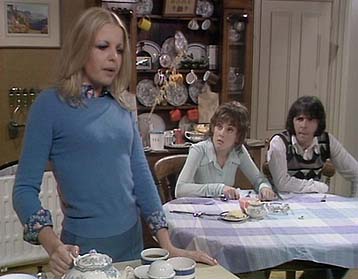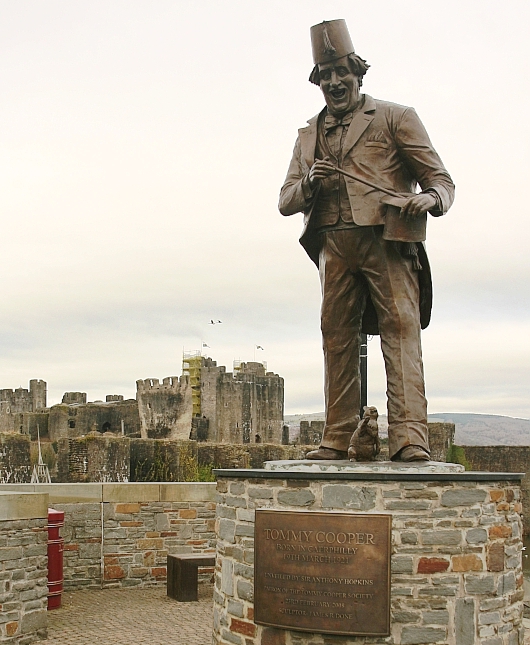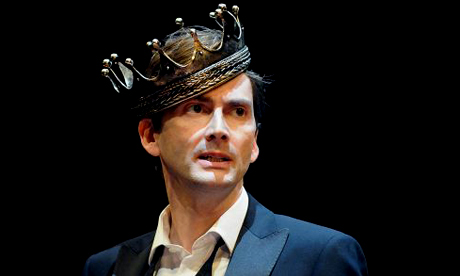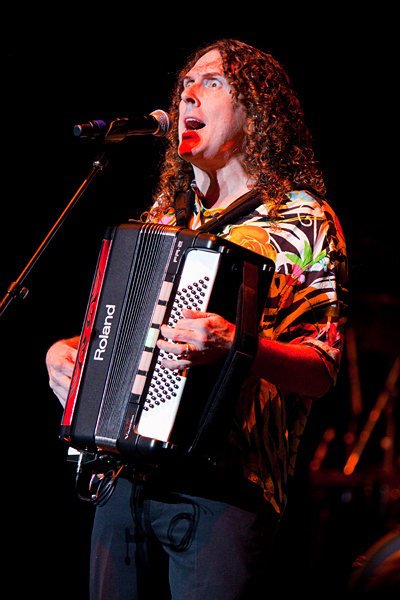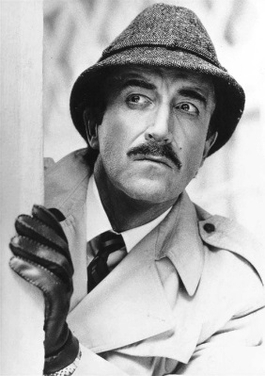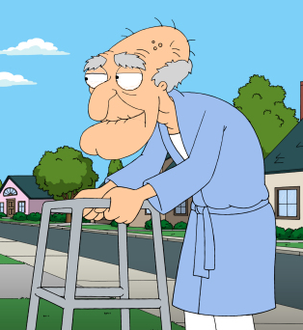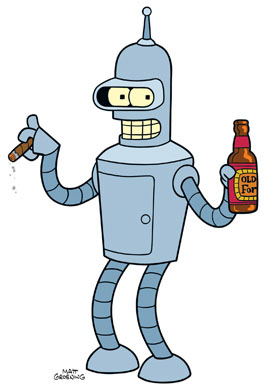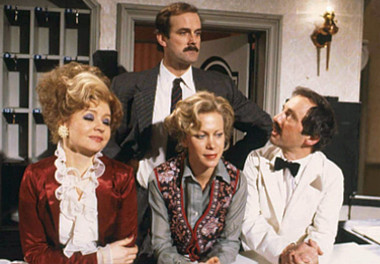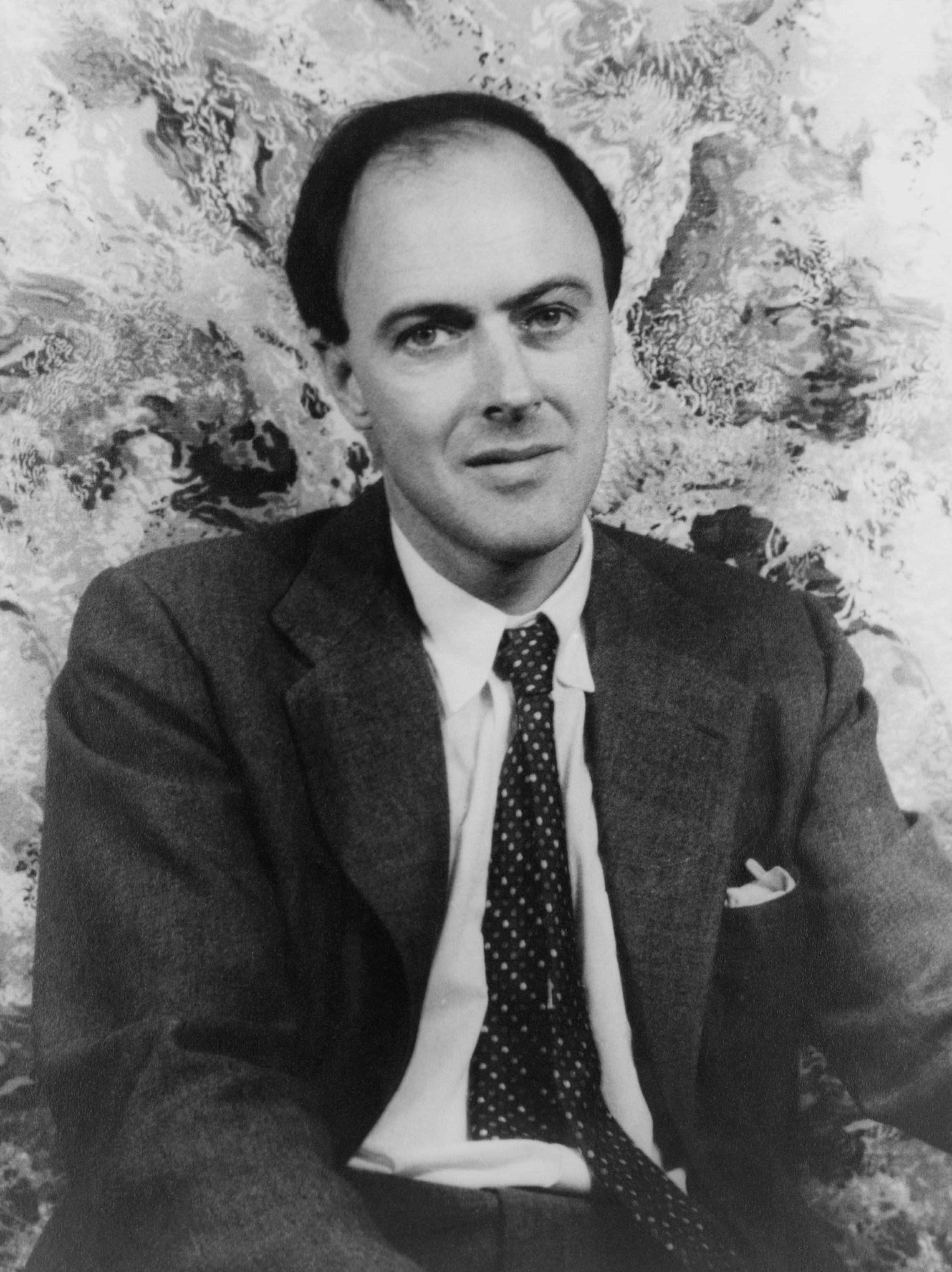 |
| Roald Dahl |
Humour has been around as long as mankind
itself. Due to the lack of television, radio and the Internet during most of
history, comedians and humorists have had to find other ways to broadcast their
witty banter and hilarious ingenuity. Literature and poetry have proven a
fertile ground for humour and has been used extensively throughout history for
comedic purposes.
Elsewhere on this blog William Shakespeare
has been mentioned and he is likely to come up again in the future, so we will
not go too deep into his work here. We will mention however that he wrote many
pieces of hilarious work which closely resemble contemporary humour. These
include sitcoms (Merry Wives of Windsor), yo mama-jokes (such as in Hamlet) and
slapstick (in nearly all his comedies and in a lot of his other work as well).
He is worth a read and by no means deserves the bad reputation he has among
many schoolchildren.
Besides old Will, there are many more
respected authors who took to poetry to vent their funny antics. An example is
Lewis Carrol, who wrote a poem about his love for soup (Beautiful Soup) and
even the early twentieth century writer T.S. Eliot wrote a poem about Macavity,
the feline master criminal (Macavity – The mystery cat).
Roald Dahl, known for several brilliant
books also wrote a hilarious poem: The Pig. The main character is Piggy, a big
and smart pig, who is able to read books and make calculations without the aid
of a scrap paper or calculator. He is frustrated because he doesn't know the
answer to one question:
“What LIFE was really all about.
What was the reason for his birth?
Why was he placed upon this earth?
His giant brain went round and round.
Alas, no answer could be found.”
I won't spoil the ending, so go read this
hilarious poem! The link is below this post.
 |
| Charles Dickens |
Literature is also full of humour outside
of poetry. A classic example is Charles Dickens' Hard Times – For These Times
which is full of satire. When we go into very classic literature we end up with
the Odyssey. Although this is an epic drama, there is definite humour in there.
A prime example is the moment where Odysseus blinds Polyphemus (the cyclops)
and Polyphemus screams. When his brothers ask him who hurt him, Polyphemus
responds “nobody hurt me” because Odysseus told him his name was nobody.
Although this was probably written in the 8th century BCE, this is often
considered an early form of humour.
Poetry and literature are full of humour
and it really is a shame most teachers don't use humour more frequently in
their literature classes. As with everything, literature is more fun when
humour gets involved. Happy reading!
Links for further reading:
http://100.best-poems.net/macavity-mystery-cat.html
http://100.best-poems.net/beautiful-soup.html
http://100.best-poems.net/pig.html





